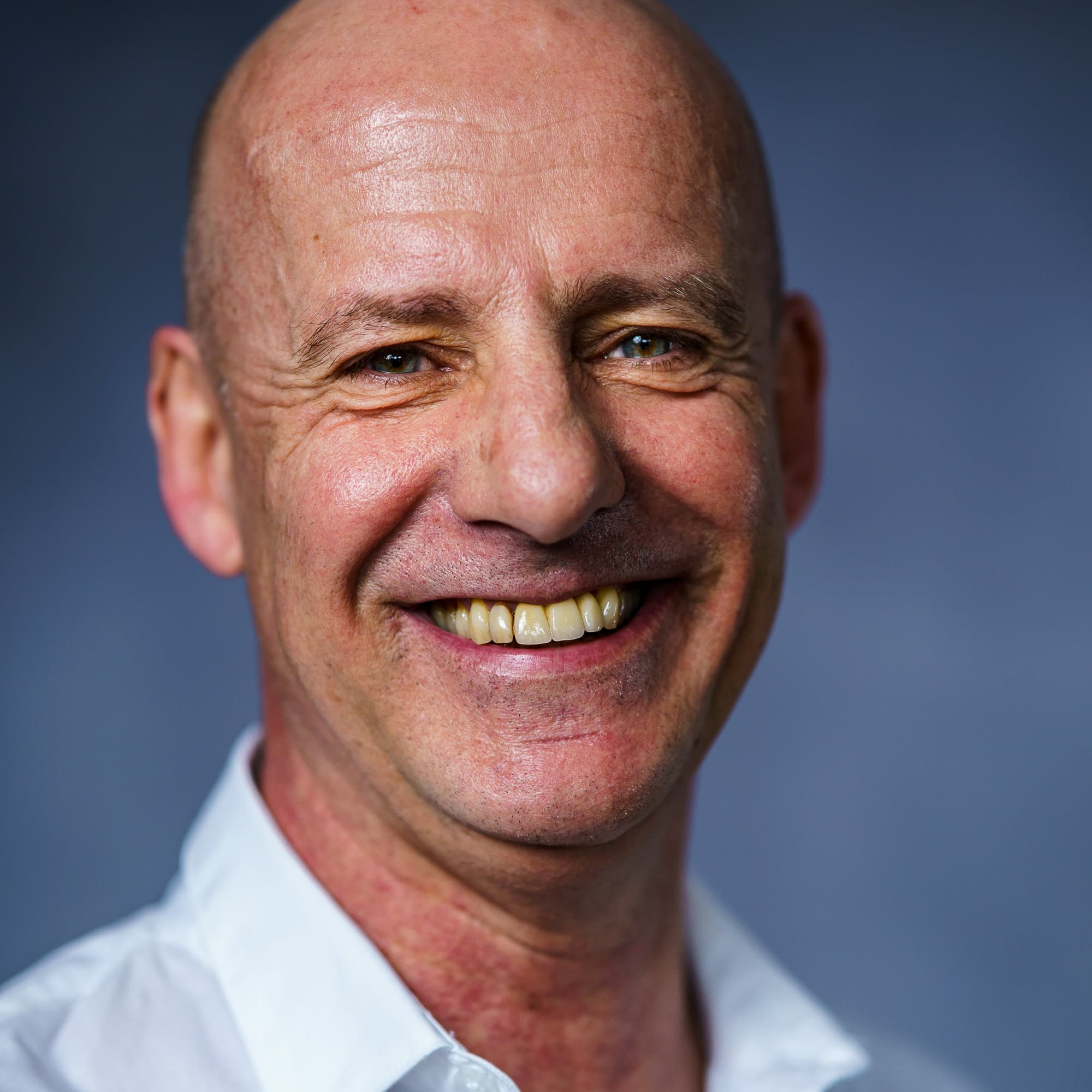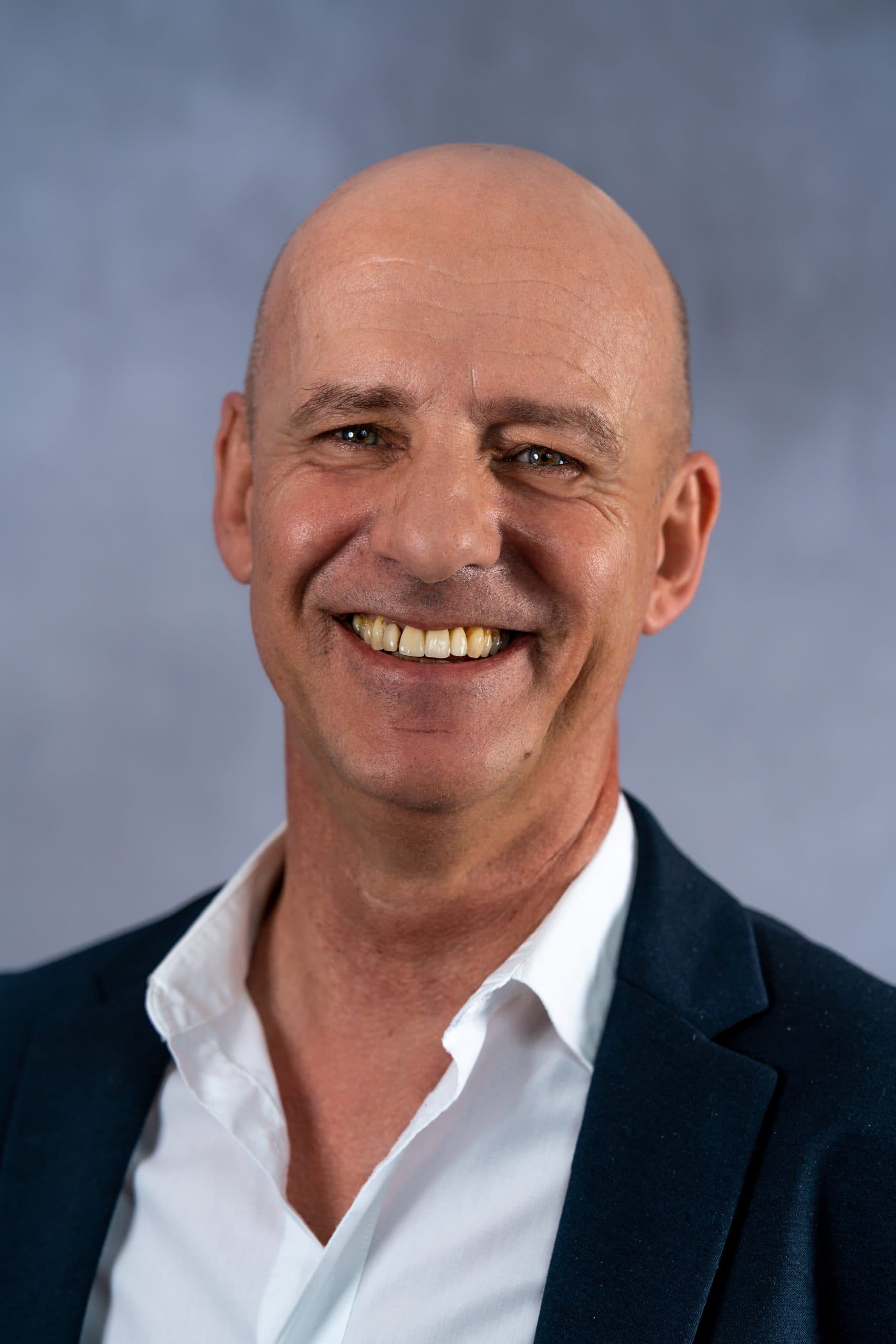"Organizations are happier and perform better in the long term if they employ a permanent psychologist"
It is people who can make a successful team or organization. Or break.
Human Capital is the foundation. It is the people who generate the money or are at the source of it. So if people work optimally (together), this yields more profit for the organization.

As a psychologist, I can contribute to the following questions/topics:
A few working methods:
In 1990 I obtained my 'Masters' in two directions, namely clinical and organizational psychology. Afterwards I enjoyed various postgraduate courses at home and abroad. But most of what I've learned over the past 30 years has been working with people in and out of organizations. This makes me someone with a lot of professional experience with directors, managers, professionals and teams.
In addition, I deliver quality that is reflected in all evaluations with an average score of 8.5 - 9. If desired, I can also provide everything in English.
I like to discuss and investigate this together.
Curious if I can do something meaningful for your organization? Are you considering hiring a psychologist? I would like to come for an interview and then see if there is a good and valuable match.
You can always call or e-mail me with questions at: [email protected]. or +31-(0)6-15620111. En natuurlijk krijg je snel antwoord.
